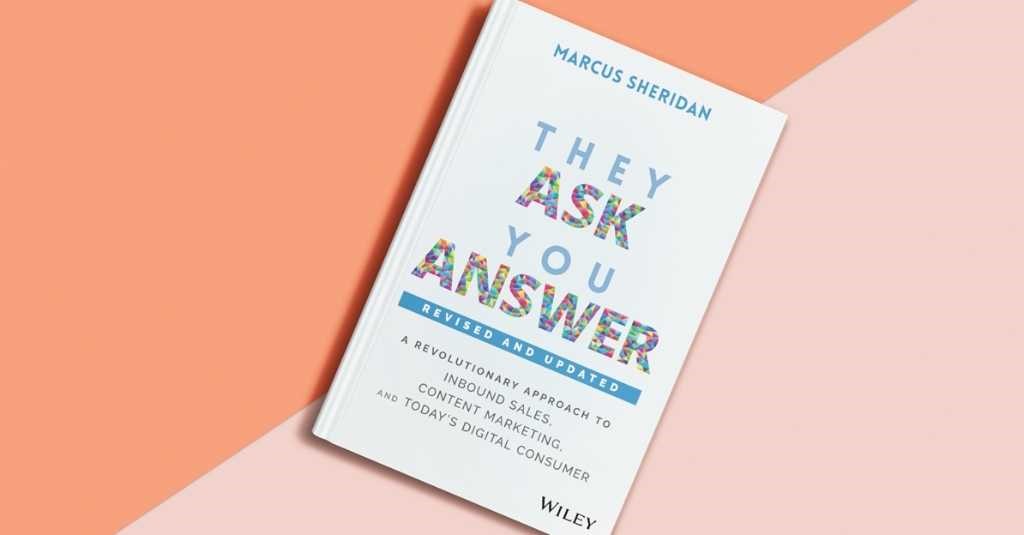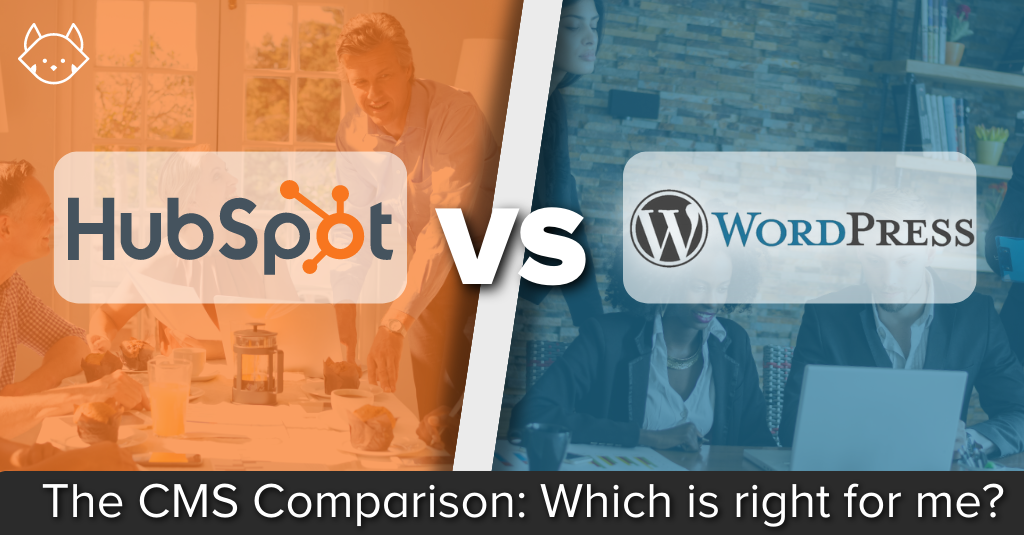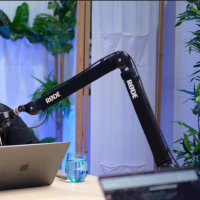With all the talk of the Rio Olympics, I’ve been engrossed in deep conversation with a good friend of mine who just happens to be an aspiring competitive Judo Athlete.

Judo Athletes or Entrepreneurs? Hidayat Imran (centre) talking a #podiumselfie
From what I’ve seen my friend Hidayat go through, I know Judo isn’t an easy sport. There are on average five grades per belt colour and for even the most dedicated practitioners, it can take 8-10 years to reach black belt.
However funnily enough, the black belt isn’t the hardest one to work through he tells me, it’s the unassuming looking blue one.
When people start Judo, they love it. They are fanatical. They become what I call athletic pro-sumers, you know, like your neighbourhood cyclist for has been cycling for 6 months and is convinced he needs the same junk-hugging cycling shorts the Tour De France winner wears.

They of course also become the most authoritative critics to ever grace the inter-webs, but few make it past their own blue belts.
Like I was saying, Judo isn’t easy. Once most Judo Wrestlers reach Blue, few have the dedication and persistence, not a lack of natural talent, to make it all the way to black.
And that’s the just my point. Similarly, most of the time it’s consistency and dedication – not masses of natural talent – that propels start-ups to success and big brands to develop long-term, endearing value propositions in the minds of consumers.
It’s also consistency and dedication that turns brands into content marketing machines.
Gary Vaynerchuk, the once wine store owner now media/sports/book-authoring animal, famously shared that for nine months he created YouTube shows for his Wine Library TV channel and nobody watched. Mind you, we’re talking video shows 3-4 times a week not 500-word blog posts!
The reason why many brands and entrepreneurs don’t achieve their potential is they fail see plateau’s as necessary stages of business and marketing – just like our buddying Judo Wrestlers.
It’s like Kitt Canaria of BJJ fame says, most stop training after they get their blue belts, because they hit a plateau with training. It happens to all of us. You’ll hit a level where you see no improvement in results and unfortunately most of you will quit out of frustration not releasing this is phase you are supposed to get through to improve.
The other key ingredient is having a built-in mindset of always yearning for the learning and continuous improvement.
It reminds me of an interview I recently did with serial online tycoon Syed Balkhi for my podcast. Syed grew from the humblest of beginnings with his father working 16 hours a day most days of the week with no holidays. His incredible successes he attributes to is his mindset.
Syed said:
“There’s one thing I can do, I can work hard. I might not be the best at anything but I can work hard at it. I work harder than most people and I spend a lot of time learning … I have the will to learn and that’s a choice and that goes above all, the will to go forward”
Excuse me Syed, did you just say you might not be the best at anything? Umm.. this is a man who runs several (7-8 on my last count) seven-figure businesses, an affiliate empire and not to mention a decent property portfolio and he isn’t the best at anything? Oh and I thought I was young, he’s only 25 years old!!
But that’s precisely my point. Syed’s mentality of not ever being content at being the best and continually striving forward is by his admission the one thing that has motivated him to be the accomplished young man he is today.
He’s like the black belt who humbly never gets a big head (excuse the Aussie expression), accepts being a lifelong student and strives to work 15-odd years through all the levels of black belt – a belt he has already achieved.
It’s the reason why when you go to big Judo tournaments the biggest groups are in the white and blue belt divisions. The higher up in rank you go, the thinner the area gets and the less black belts you have to compete with.
And you know the funny thing? The black belts don’t feel the envy, intimidation and imposter syndrome the more junior belts feel because they appreciate what their peers had to go through to get there.
This is why in the world of digital marketing; one expert writes the foreword of another expert’s book. This is why they’ll give them free air time on their own networks, despite seamlessly being competitors, because they appreciate synergies their efforts can bring and aren’t afraid to share and give away really valuable IP-based content – something a lot of brands still struggle with today.













